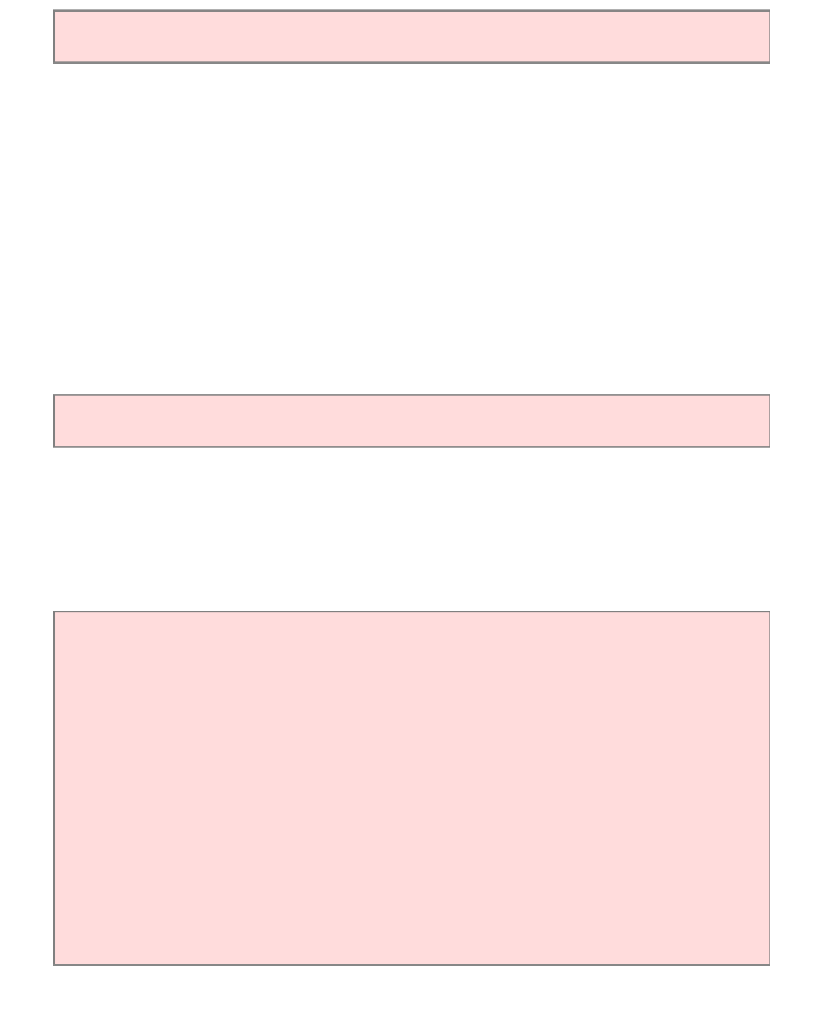Java Reference
In-Depth Information
In Java, every value has a type.
You often want to store values so that you can use them at a later time. To remember
an object, you need to hold it in a variable. A variable is a storage location in the
computer's memory that has a type, a name, and a contents. For example, here we
declare three variables:
String
greeting
= "Hello, World!";
PrintStream
printer
= System.out;
int
luckyNumber
= 13;
The first variable is called
greeting
. It can be used to store
String
values, and it
is set to the value
ÐHello, World!Ñ
. The second variable stores a
PrintStream
value, and the third stores an integer.
You use variables to store values that you want to use at a later time.
Variables can be used in place of the objects that they store:
printer.println(greeting);
// Same as System.out.println("Hello,
World!")
printer.println(luckyNumber);
// Same as System.out.println(13)
34
35
S
YNTAX
2.1 Variable Definition
typeName variableNameÉ=Évalue;
or
typeName variableName;
Example:
String greeting = ÐHello, Dave!Ñ;
Purpose:
To define a new variable of a particular type and optionally supply an initial value
When you declare your own variables, you need to make two decisions.

